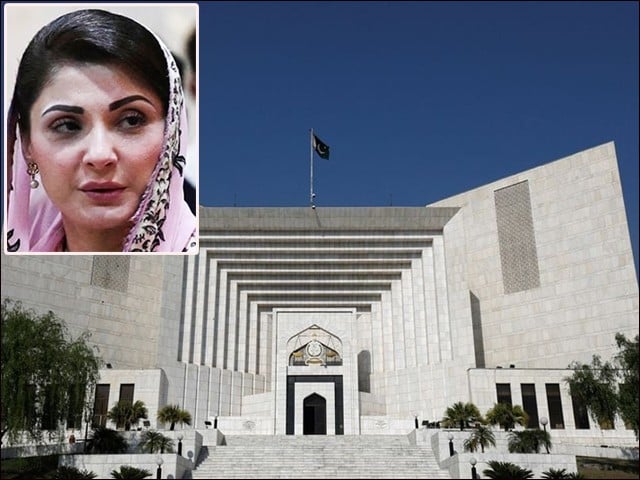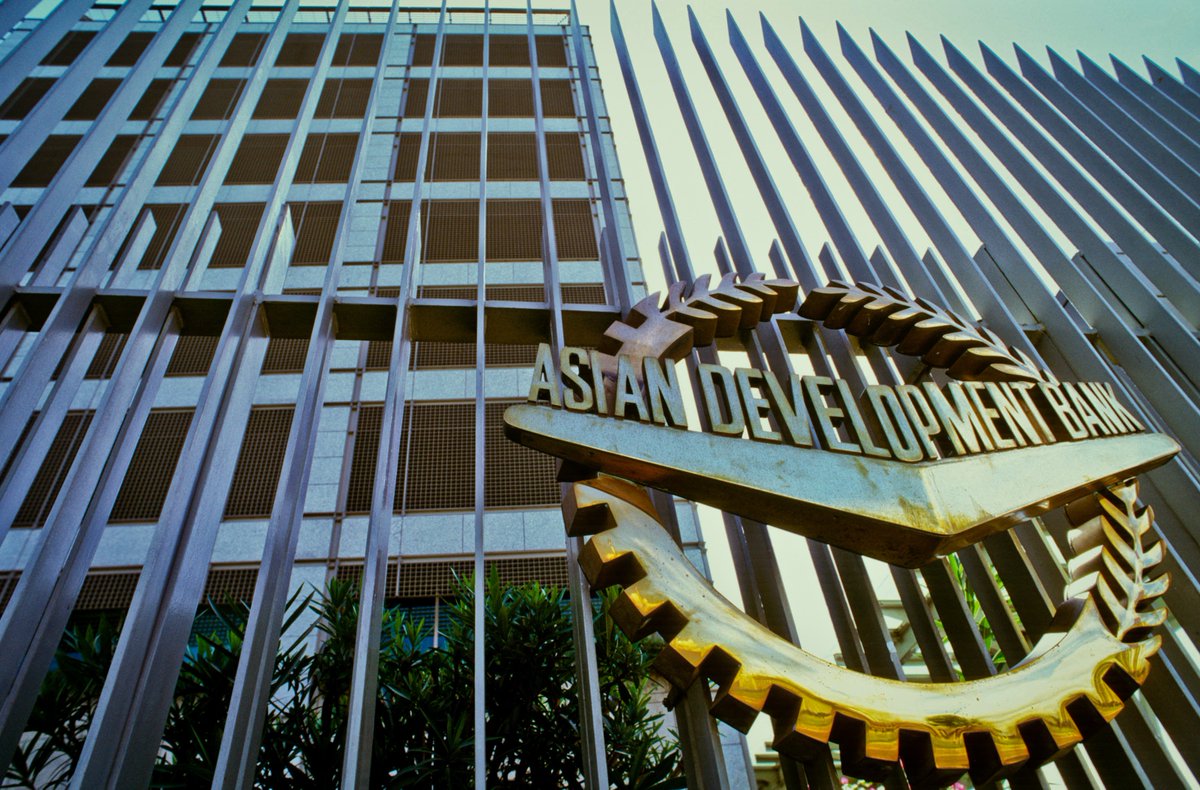Ahmed Danial
Pakistan’s economic landscape is facing a daunting debt crisis that threatens the nation’s stability and prosperity. The State Bank of Pakistan’s recent revelations have shown that Pakistan’s external debt has surged to a staggering $125.7 billion, putting immense strain on the country’s fiscal health. The country’s complex relationship with China and the China-Pakistan Economic Corridor (CPEC), a flagship project of China’s Belt and Road Initiative, is central to its economic challenges. While the CPEC project aims to fortify infrastructure and foster economic growth, its financing structure, heavily reliant on loans from China, poses significant challenges to fiscal sustainability.
The terms of Chinese loans, often characterized by high-interest rates and short repayment periods, are exacerbating Pakistan’s debt burden and raising serious concerns about its long-term economic resilience. Analysts are predicting that Pakistan’s debt servicing obligations to China alone could exceed $10 billion annually in the near future, further intensifying fiscal pressures. Moreover, statistics reveal a significant concentration of CPEC investments in sectors like energy and transportation, which raises questions about the alignment of these investments with broader developmental priorities such as education, healthcare, and agriculture. These sectors are crucial for sustainable long-term growth and human development, and their neglect could have far-reaching implications for Pakistan’s economic future.
Moreover, the influx of Chinese workers and technical expertise associated with CPEC projects prompts discussions about local employment and skills transfer. Official estimates suggest that over 75,000 Chinese workers have participated in various CPEC ventures, sparking concerns about limited opportunities for local Pakistani labourers and potential cultural and social tensions. The absence of robust mechanisms for skills transfer and training intensifies worries about the long-term implications for Pakistan’s labour market and human capital development, potentially leading to a dependence on foreign expertise and a lack of local capacity building.
Pakistan’s fiscal challenges stem from a myriad of systemic issues, chief among them being an inadequate tax base that undermines revenue generation. The tax-to-GDP ratio, hovering around 11%, falls significantly below regional averages, reflecting the country’s struggle to mobilize sufficient resources for its fiscal needs. The reasons behind this include a large informal economy, widespread tax evasion, and a complex tax system that is difficult to enforce. According to data from Pakistan’s Federal Board of Revenue (FBR), the tax-to-GDP ratio has remained relatively stagnant over the past few years, indicating persistent challenges in tax collection and compliance. Widespread tax evasion compounds the issue, with estimates suggesting that only 1.3% or a fraction of eligible taxpayers contribute to the national exchequer, exacerbating revenue constraints and hindering the government’s ability to fulfil financial obligations effectively.
Furthermore, inefficiencies within state-owned enterprises (SOEs) amplify Pakistan’s debt burden, posing significant challenges to fiscal stability. Reports indicate that these entities collectively incur losses amounting to billions of dollars annually, primarily due to corruption, mismanagement, and political interference. These losses not only drain government resources through subsidies and bailouts but also stifle private sector growth and competition, further straining Pakistan’s fiscal position. The substantial financial burden imposed by SOEs underscores the urgent need for comprehensive reforms aimed at enhancing transparency, accountability, and operational efficiency to alleviate the burden on the government and foster sustainable economic growth.
By drawing parallels with countries like Spain and Argentina, Pakistan can gain valuable insights from their experiences in managing debt crises. Spain’s implementation of stringent austerity measures and Argentina’s successful debt restructuring efforts offer instructive lessons in navigating fiscal challenges through prudent policies and international cooperation. The gravity of Pakistan’s internal challenges necessitates comprehensive economic reforms that focus on enhancing revenue generation, improving governance, and promoting fiscal discipline. Strengthening tax administration and enforcement mechanisms, broadening the tax base, and reducing exemptions and loopholes are crucial steps toward bolstering Pakistan’s fiscal resilience. Additionally, restructuring underperforming SOEs, enhancing transparency, and fostering a conducive environment for private sector participation can alleviate the burden on the government while stimulating sustainable economic growth. As Pakistan confronts its debt crisis, learning from historical lessons and embracing bold reforms can pave the way for sustainable growth and resilience.
Please, subscribe to the YouTube channel of republicpolicy.com

















































